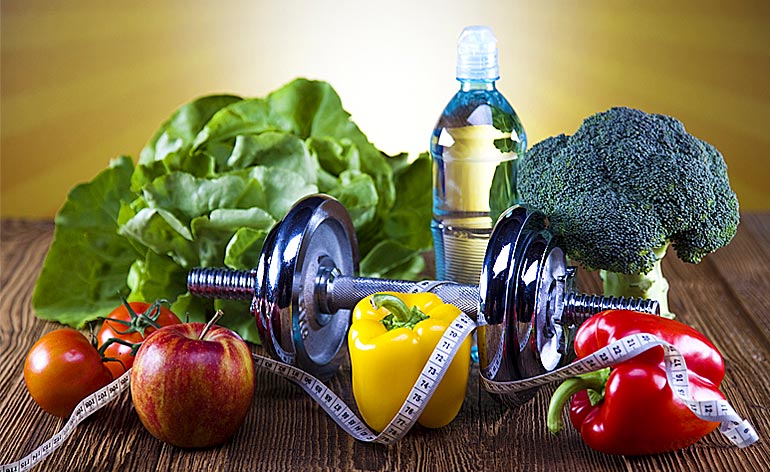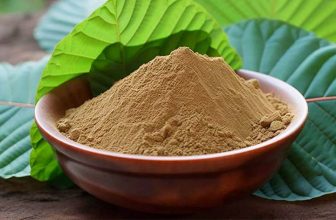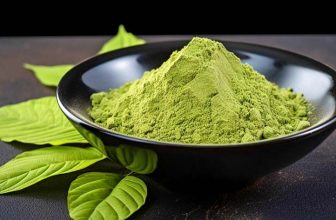
The three pillars of sport nutrition are to: a) maximise performance when it matters, b) maximise recovery and c) how to enhance physiological adaptations induced by exercise training. 5 Top Tips to Optimize Your Training Diet! will help build the foundations for any successful training program and these are all elements that I myself have focused on particularly when working with individuals aiming for optimal sport performance.
1. Energy
The first question to ask yourself is, does my diet contain the correct energy intake needed to fuel my training? In other words; does my calorie intake suit my training demands and is it suitable for my training targets?
For example, for many sports, carrying excess body fat is undesirable and will certainly reduce sporting performance. Therefore, is your calorie intake suitable if you would like to reduce weight? Is the calorie intake going to allow you to do that and is it a safe deficit?
Another angle to look at would simply be, is my energy intake matching my energy expenditure? If this is off key, you may risk losing weight or gaining weight as well as negatively affecting the quality of your training and even risk injury or illness. Once this is sorted, you can begin looking at your specific macronutrient intake and manipulating that.
2. Carbohydrate
The main source of fuel in most sports is carbohydrate and ensuring you have enough energy in the form of carbohydrate going into training will result in you being able to complete your training hours as well as maintaining training quality.
This point applies to obvious training sessions that may consist of running, cycling or swimming for long periods but is also applicable when the quality of training is crucial such as during team sports, skill-based sessions or even strength and conditioning sessions. In addition to this, there is research that demonstrates that an inadequate carbohydrate intake results in a decreased mood state and also increases the risk of injury and illness due to reduced immune function.
3. Protein
We tend to think of more protein as simply something needed to build muscle or even something needed to help recovery after exercise.
In fact, we are now learning that protein intake via the diet is crucial for maximizing the physiological responses to training sessions. The training stimulus will determine which type of adaptations are targeted. For example, endurance training will lead to adaptations that help the muscle equip itself better to burn fat and more energy overall so that you can exercise harder for longer.
On the other hand, strength training will lead to the muscle becoming stronger and increasing in size so that a higher power output can be developed. However, in the post exercise period the muscle is hypersensitive to protein feeding and therefore protein intake will help optimize the training induced adaptations in response to the session. What’s more is that this sensitivity can last for 24-72 hours and regular protein feeding every 2-4 hours can be highly beneficial.
4. Hydration
It is well known that even a small amount of dehydration can be detrimental to exercise performance and the amount of work one can complete during a session is reduced. It is common practice in professional sport environments that hydration status is measured prior to events or training sessions and athletes are constantly reminded to monitor hydration status throughout the day. For a counter argument and a thought-provoking view on hydration check out Professor Noakes interview on hydration.
The concept of individualizing nutrition plans is very much present and the ideas above will put you onto the right track for achieving this.
In addition to these there are some other considerations such as practising nutritional strategies during exercise. For example, taking carbohydrate in the form of food, gels or drinks is a common practice in endurance exercise events. However, my advice to clients is to always try these before race day to ensure these items and this practice actually works for you!
Another example would be to calculate individual sweat rates since the general advice around hydration before and during exercise may not be enough especially in hot and humid conditions. Check out this short video for guidance on how to do this.
5. Periodized Training
This is well accepted and practiced and now the idea of Periodizing nutrition is also being utilized. For example, Periodizing carbohydrates and conducting training sessions with reduced carbohydrate stores appears to have some benefit in improving body composition and fat metabolism.
By building these sport nutrition foundations and remembering to adapt when the physical demands change as well personalizing your plan; you will go a long way to maximising your performance, getting more out of your training and enhancing your recovery!









